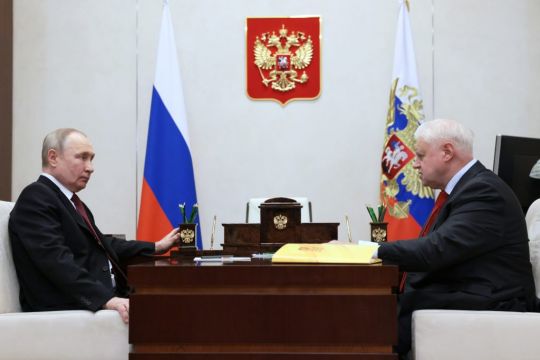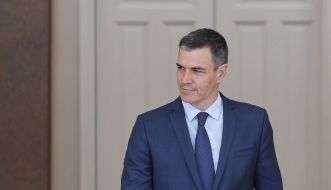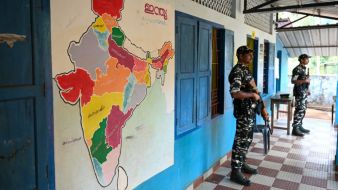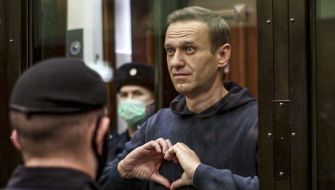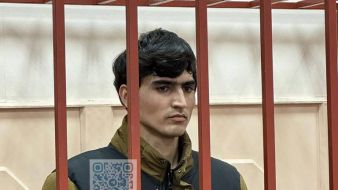A Russian legislator and staunch supporter of President Vladimir Putin has denied media allegations that he adopted a missing two-year-old girl who was removed from a Ukrainian children’s home.
Sergey Mironov, 70, the leader of political party A Just Russia, said on social media that Ukrainian security services and their western partners had concocted a “fake” report to discredit Russian patriots like himself.
The BBC and independent Russian news outlet Important Stories had published an investigation on Thursday that said he adopted a child named Margarita Prokopenko who was allegedly taken to Moscow at the age of 10 months by the woman to whom he is now married.
Mr Mironov accused the two news organizations of having “one goal — to discredit those who take an uncompromising patriotic position”.
“You are trying in vain,” he wrote, adding that Russia would win its war in Ukraine.
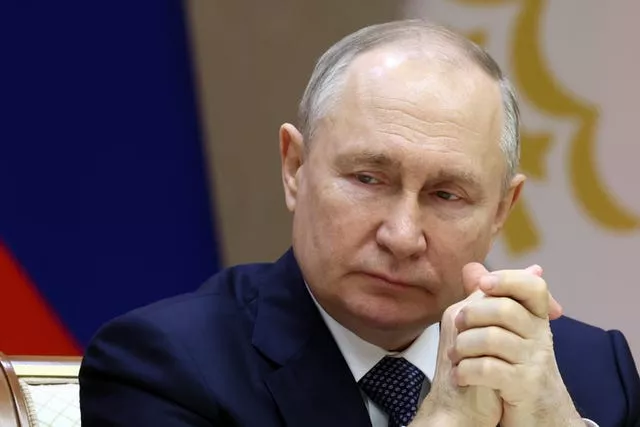
The office of the Ukrainian parliament’s human rights commissioner told the Associated Press it was looking into the news report.
In March, the International Criminal Court issued arrest warrants for Mr Putin and Maria Lvova-Belova, the commissioner for children’s rights in the president’s office, accusing them of committing war crimes through their involvement in the abduction of children from Ukraine.
Bill Van Esveld, associate director of the Children’s Rights Division at Human Rights Watch, said on Friday that the agency could not independently confirm the BBC and Important Stories’ findings, but added that the deportation of the girl to Russia, her adoption and her name change would be “a black and white war crime”.
The investigation by the BBC and Important Stories said Margarita was collected in August 2022 from a home for children needing specialised medical care or who have missing parents in the southern Ukrainian city of Kherson, which was occupied by Russian soldiers at the time.
The news organisations identified a woman who had visited the baby in Kherson before a group of Russian men removed the child from the home as Inna Varlamova, 55, who later married Mr Mironov.
The investigation also cited a birth record created several months later that listed Mr Mironov and Mr Varlamova as the parents of child named Marina who was born on October 31 2021 — Margarita’s birthday.
Ukrainian authorities have estimated that around 20,000 children have been taken out of the country without their parents’ knowledge or under false pretences since Russia invaded in February 2022.
A study by Yale University found more than 2,400 Ukrainian children aged six to 17 have been taken to Belarus from four regions of Ukraine that are partially occupied by Russian forces.
The AP reported in October last year that Russian officials deported Ukrainian children to Russia or Russian-held territories without consent, told them they were not wanted by their parents and gave them Russian families and citizenship.
Vira Yastrebova, director of Eastern Human Rights Group, a Ukrainian non-governmental organisation, said Russian authorities were increasingly placing children into Russian foster families for eventual adoption instead of temporary guardianship.
Because Russian law makes it difficult to find information about adoptions, it is easy “to hide any information” about the children, Ms Yastrebova said.
The Russian ambassador to the US, Anatoly Antonov, maintained in September that Russia does not “kidnap” Ukrainian children but is “saving” them.
Russia has said it will return children to their families once a parent or guardian requests it, but because many Ukrainian families do not know where their children were taken, they are unable to make the requests.
Even when children are located, reuniting them with their families during the war is often a complicated process, involving a lot of paperwork and international border crossings.
Pope Francis tasked his Ukraine peace envoy earlier this year with trying to get young Ukrainians returned to their country.
